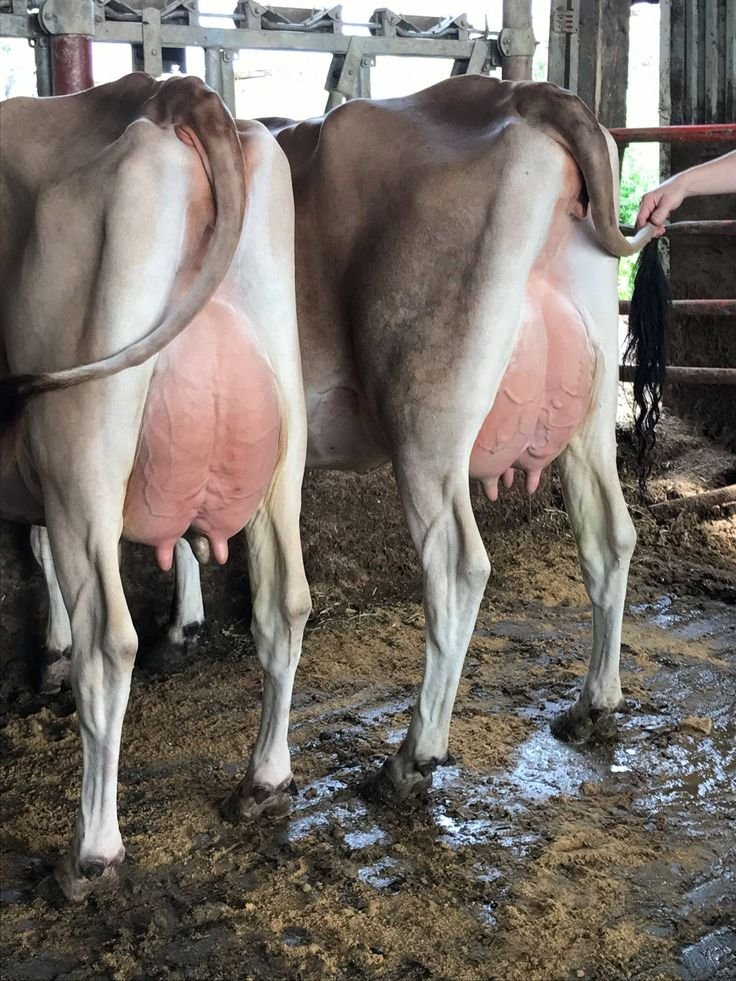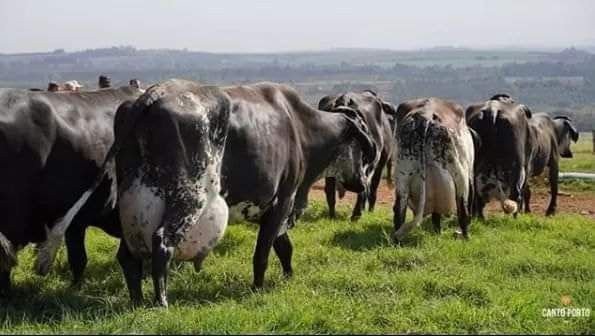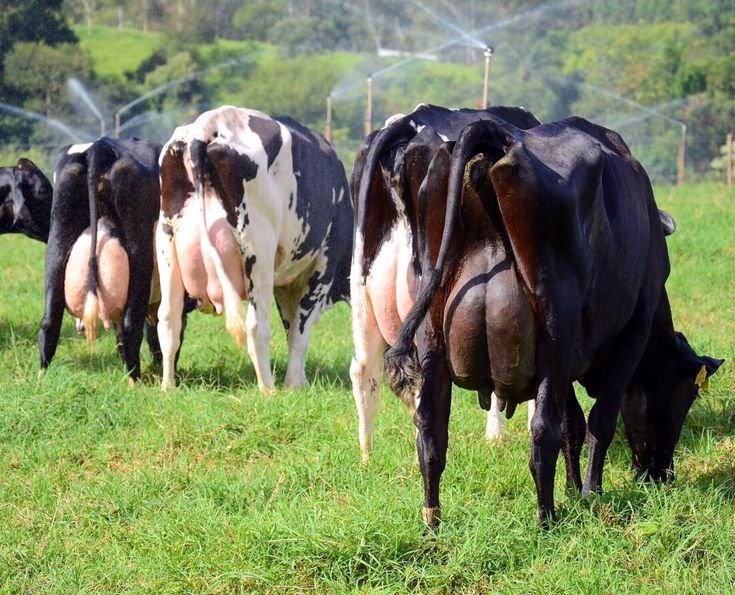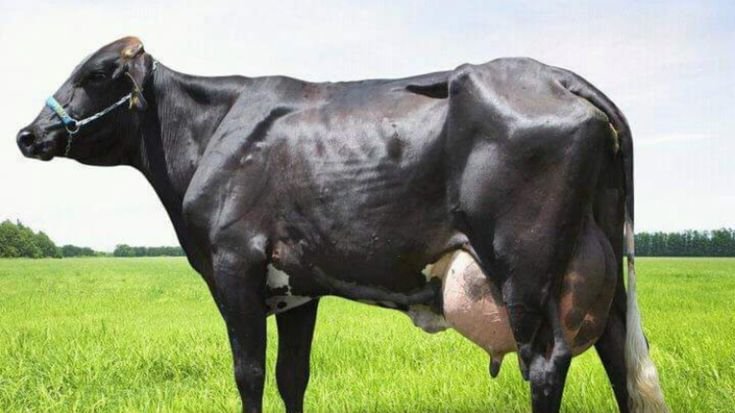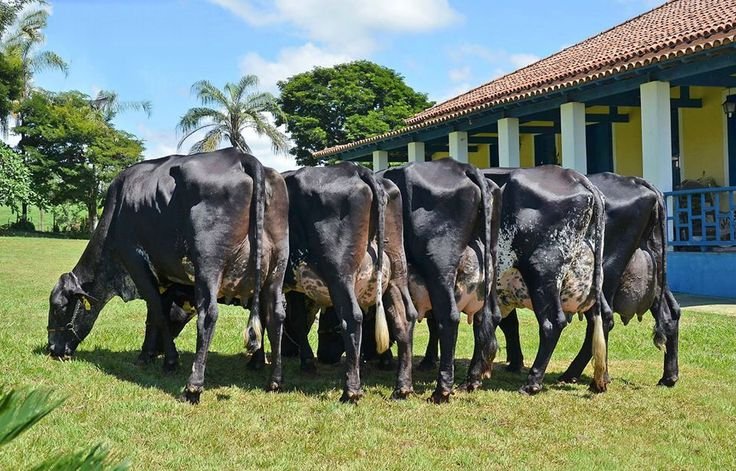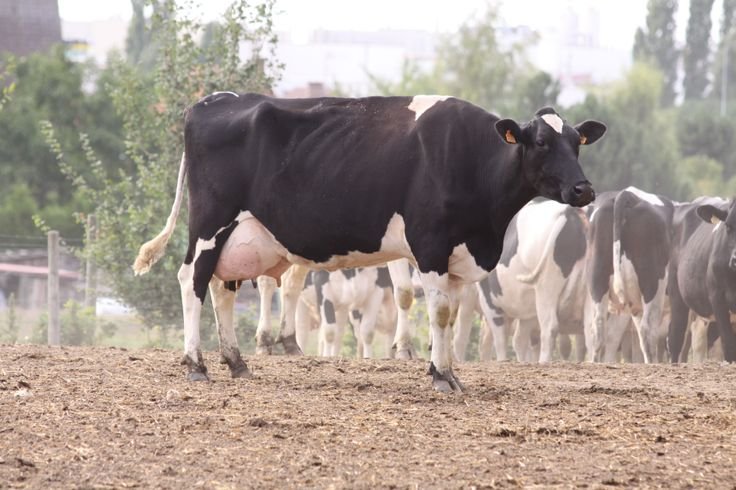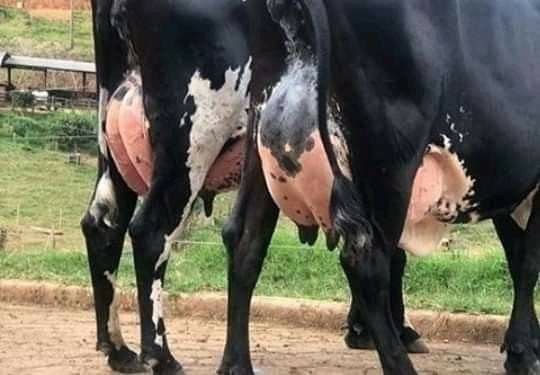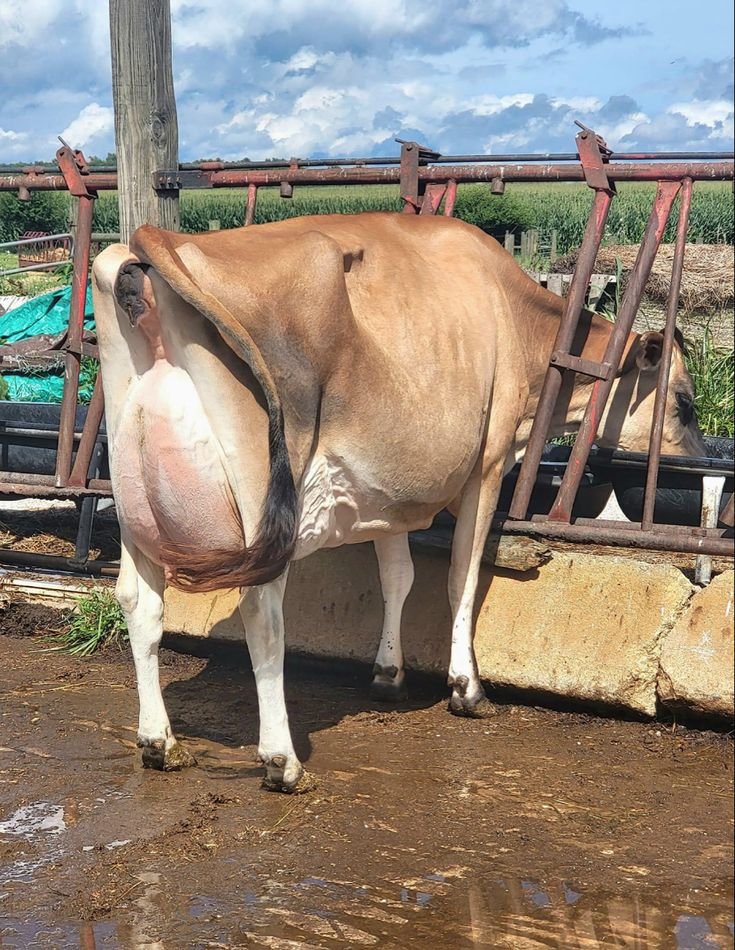Maintaining consistent milk production in dairy cattle is a year-round challenge, especially when seasonal changes affect the availability of feed and the health of livestock. By implementing smart feeding strategies and using tailored supplements, farmers can overcome these challenges and ensure optimal milk yield throughout the year.
Understanding the Impact of Seasonal Changes on Dairy Cattle
Seasonal transitions bring shifts in temperature, humidity, and feed quality, which directly impact cattle health and productivity. For example:
- Summer: Heat stress can reduce appetite and lead to dehydration, lowering milk production.
- Winter: Cold temperatures increase energy requirements for maintaining body heat, often leaving less energy for milk production.
- Monsoon: Increased humidity and muddy conditions can affect feed quality and lead to illnesses.
The Importance of Seasonal Feeding Strategies
To counter these challenges, feeding strategies must focus on:
- Energy-Rich Diets: Providing extra calories during winter or extreme weather to meet increased energy demands.
- Hydration Support: Ensuring electrolyte balance during summer to prevent dehydration.
- Improved Forage Quality: Incorporating silage, hay, and grain during monsoon when fresh forage availability drops.
- Supplements for Deficiency Prevention: Adding calcium, vitamins, and minerals to prevent health issues and maintain milk yield.
The Role of Specialized Nutritional Supplements
Products like Sumo-Milk Gel, Ultra H, and Ultra Forte can bridge nutritional gaps caused by seasonal fluctuations:
- Calcium Supplements: Prevent deficiencies that lead to reduced milk production.
- Electrolytes and Probiotics: Support hydration and gut health during extreme weather.
- Vitamin-Rich Formulas: Enhance immunity and overall resilience.
Practical Feeding Tips for Farmers
- Analyze Seasonal Feed Needs: Consult with a veterinarian or nutritionist to adjust feeding plans based on the season.
- Incorporate Silage and Concentrates: Ensure a balanced mix of energy and fiber in the diet.
- Use Fortified Supplements: Choose products designed to address specific seasonal challenges.
- Monitor Water Intake: Provide clean, cool water, especially during summer and winter.
Conclusion
Adopting effective seasonal feeding strategies and including essential supplements can significantly enhance milk production and ensure the health of dairy cattle throughout the year. Farmers who invest in balanced nutrition will see stronger, healthier livestock and consistent yields, regardless of the season.



